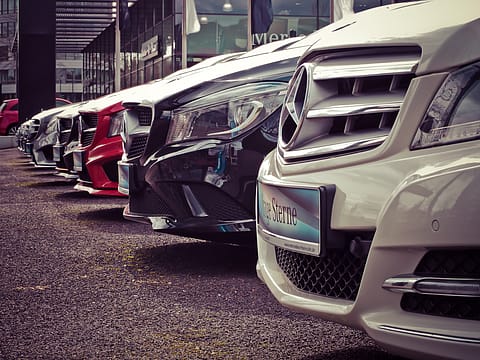Passenger vehicle sales fall 1.87% in January
Sales of passenger cars—the largest segment by volumes—fell 2.65% to 179,389 units in January this year from 184,264 units a year ago.

The New Year has not brought the domestic passenger car market much to cheer as sales remained muted for the third month in a row since the slight uptick seen in the festive season in October.
Sales of the passenger vehicle segment—including cars, utility vehicles, and vans—fell 1.87% to 280,125 in January this year from 285,467 a year ago, according to data released by the Society of Indian Automobile Manufacturers (SIAM) on Friday.
Sales of passenger cars—the largest segment by volumes—fell 2.65% to 179,389 units in January this year from 184,264 units a year ago. Sales of two-wheelers, the second-largest segment by volumes, too fell 5.18% to 1,597,572 units from 1,684,761.
However, commercial vehicles, which saw a dip of 7.80% in December, bucked the trend. Sales of the segment which comprises light, and medium, and heavy vehicles rose 2.21% from 85,694 units in January last year to 87,591 units.
Total production fell 2.82% from 2,475,472 units last January to 2,405,592 this year, while exports grew by 1.31%.
The industry ascribes the poor show to low consumer sentiments. “Last month also low sentiments of last year had a shadow effect,” says Gaurav Vangaal, country lead (light vehicle production forecasting) IHS Markit.
But the industry expects the scene to get better in light of the recent announcement by the Reserve Bank of India (RBI) of bringing down the repo rate by 25 basis points. “We can sense revival in numbers from this kind of flat negative numbers. With the 25 basis point RBI repo rate cut, we may expect relief for auto dealers in liquidity crunch. Also, discounts are expected to remain key in the market for this quarter,” says Vangaal.
Recommended Stories
In its third quarter review of the Indian automobile industry, SIAM said that some key growth drivers for the auto industry will be the government’s continued focus on agri and rural development and pre-buy of BS-IV vehicles in F20 before BS-VI implementation.
SIAM also said that global factors such as slowing world economy (China and the European Union) and ongoing trade wars will pose a major challenge to India’s auto industry.